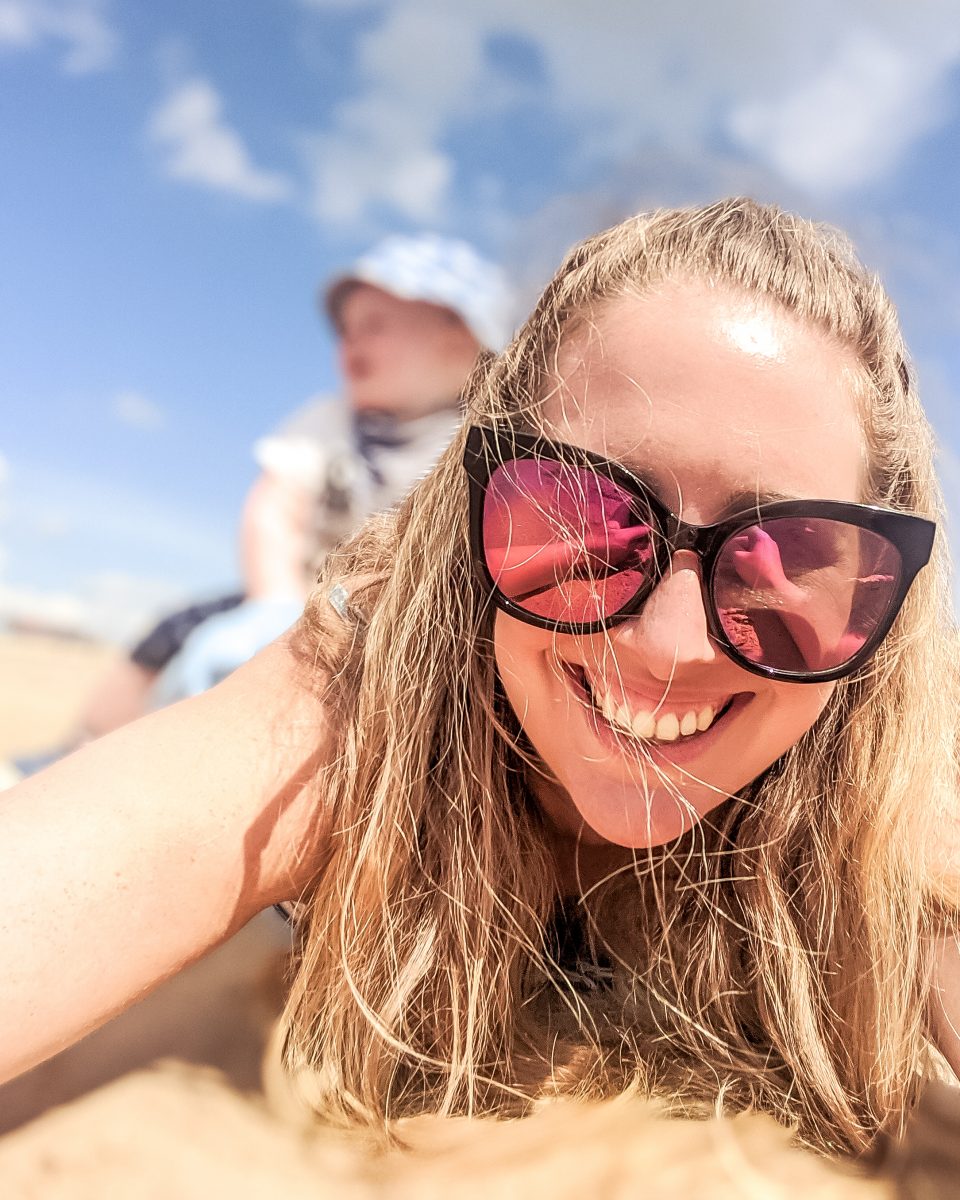
A Safety Checklist for First-Time Vacation Hosts
We know the idea of welcoming strangers into your home sparks tons of questions. Will my place actually be safe for guests? What steps can I take to prevent problems? New hosts like you may feel overwhelmed prepping for security concerns.
But this checklist will help ease some worries. We’ll tackle key areas to focus your safety prep efforts. So take a deep breath, and let’s walk through best practices step-by-step!
Legal Considerations for Security Systems
Have you verified short-term rental rules for your area? Many places ban vacation hosting altogether. Others require special permits, limit rental days per year, etc. Protect yourself by ensuring you comply with all local laws first.
Also, review your home insurance policy very carefully. Standard policies often exclude commercial use coverage. Most insurers categorise vacation renting as a “commercial activity.” Confirm what is and isn’t protected when travellers stay over. If gaps exist, you may need to upgrade or supplement your plan. Better safe than left paying out of pocket for guest incidents!
Ensuring Guest Safety
Transform your home into a safe haven. We’re talking about installing smoke detectors, CO monitors, fire extinguishers, and first aid kits. Make sure flashlights and other emergency supplies are easily accessible, too.
Do a walkthrough checking for tripping dangers, poor lighting, loose rails, electrical issues, or anything posing an accident risk. Fix this pre-guest arrival to avoid incidents. Guest wellbeing is priority number one, right?
Enhancing Property Security
Consider commercial camera systems to monitor the property and deter unwanted activity. However, be very thoughtful about camera placement to avoid violating guest privacy during private moments. It’s about balancing safety with making visitors feel comfortable.
Communication with Guests
Create detailed house rules and rental policies to prevent confusion. Be very clear about things like:
- Pet, smoking, and party allowances
- Parking and check-in/out procedures
- Cleaning duties and noise limits
Spelling out expectations ahead of time minimises conflicts once guests arrive. Leave no room for misunderstanding later!
Communication with Guests
Here are the tips you can use:
Light it up outside
Install bright lighting around walkways, porches, and the driveway—everywhere guests will traverse at night. Well-lit exteriors prevent slips and crime risks after dark.
Lock it down
Double check all doors and windows lock properly from both inside and out. Securely attached screens are a must, too. When guests know their temporary home is locked up tight, they feel tons more comfortable.
Give guests privacy
Install curtains, blinds, or shades on every window guests can access. Travellers want to control whether they’re visible from outside during private moments. Quick fixes for stuck, broken, or missing window coverings also reduce complaints.
Prepare for emergencies
Put smoke detectors in each bedroom and supply flashlights, too. That way, if fire or blackouts hit overnight, guests have the tools they need to react quickly and safely.
First aid
Keep a well-stocked first aid kit so travellers can self-manage minor medical issues without bothering you. We’re talking bandages, ointments, medical gloves, tweezers, a thermometer, medication for pain/allergies/upset stomach – the works.
Final confidence checks
Before hosting real paying visitors, have a friend or family member stay over first. Use their candid feedback to catch and correct any safety oversights. Test runs help first-timer hosts like you gain confidence and peace of mind.
Final thoughts
Following these best practices shows you value guest wellbeing and take security seriously. When visitors see you’ve made their comfort and protection a priority, they’ll feel at ease choosing your home.
We hope walking through these steps gives you a feeling of control and readiness to embark on hosting. Remember – every host started out new once, too! So utilise this advice to get up to speed. If questions pop up along the way, don’t hesitate to ask more experienced hosts for input.







